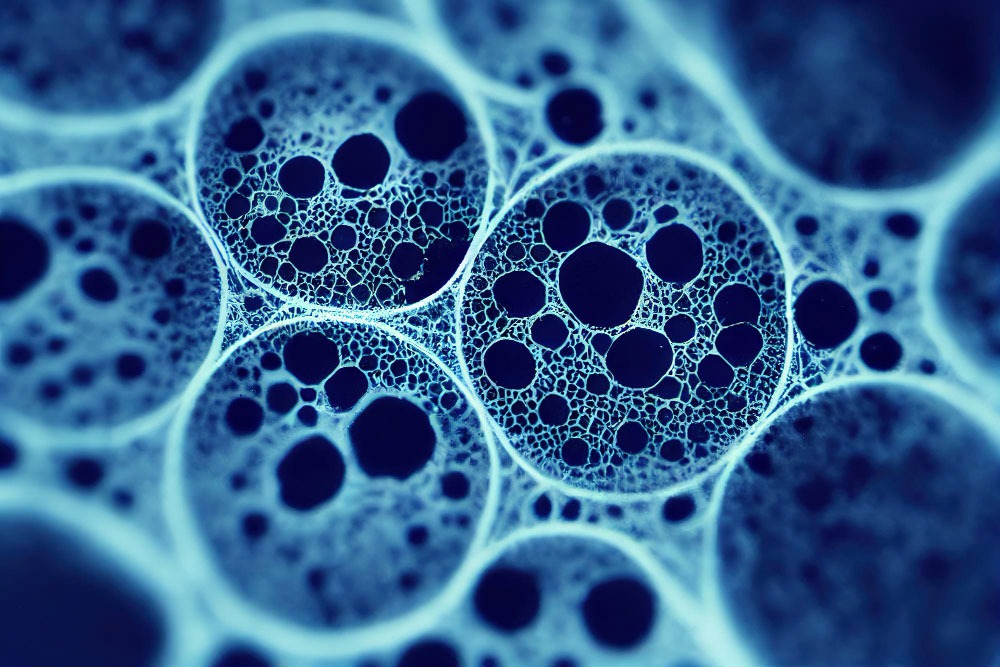Gene Therapy: Is China’s Exegenesis Bio the Future of Medicine?
Gene therapy has long been hailed as the next frontier in modern medicine, but can it really live up to the hype? A closer look at Exegenesis Bio and its pioneering founder Wu Zhenhua suggests the industry is at a turning point. As highlighted in a recent piece by 36Kr English, Wu’s return to China in 2019 to launch Exegenesis came at a critical moment in the gene therapy landscape. His company has since raised over $120 million, with breakthroughs in treating spinal muscular atrophy (SMA) now in Phase 2 trials.
Yet, challenges remain, particularly regarding the sky-high costs of these therapies. With some treatments priced at over $3.5 million per dose, the real question is: how do we balance innovation with affordability? Wu is optimistic, pointing to the evolution of delivery vectors as key to overcoming these obstacles. These advancements could dramatically improve both safety and efficiency, potentially bringing us closer to affordable, life-changing cures.
